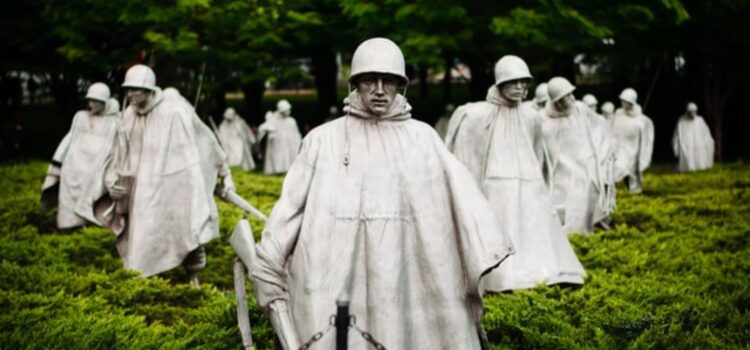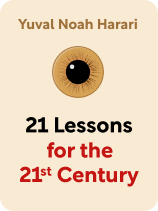

This article is an excerpt from the Shortform book guide to "21 Lessons for the 21st Century" by Yuval Noah Harari. Shortform has the world's best summaries and analyses of books you should be reading.
Like this article? Sign up for a free trial here .
What is the problem with nationalism? How does nationalism erode the collective spirit and what are its implications for the world at large?
Many people around the world are finding comfort in the identity and community of their nations, but there is a major problem with nationalism. Specifically, nationalism creates an “us” and “them” mentality, which makes it difficult to come together as a global civilization to address collective problems.
Keep reading to learn about the problem with nationalism.
What Is the Problem With Nationalism?
Despite the undeniable existence of a global civilization, many countries are increasingly leaning towards nationalism. People have returned to nationalism in recent years in response to modern challenges, but it can actually prevent us from tackling them effectively.
Mild nationalism enables you to value your country as unique and valuable, and it motivates you to contribute to the well-being of all of your fellow citizens. On the other hand, extreme nationalism leads you to think your country is superior to all other nations, and it easily snowballs to war and violence toward foreigners.
To a point, people tolerate the negatives of nationalism, such as war, because of the benefits of nationalism, such as an education system. However, in the 1960s, the threat of nuclear annihilation caused Americans to step back from the nationalism that drove the country into wars; by the end of the Cold War, many people leaned heavily toward globalization. But, in recent years, feelings of disconnection from global economic forces and fears that globalization would disintegrate national systems of education and healthcare have revived a sense of nationalism.
Proponents of nationalism see immigration, multiculturalism, and globalization as threats to national traditions and identities. They’re in favor of closing borders and slowing the exchange of people, products, money, and knowledge. Instead, nationalists envision a world in which independent nations peacefully trade and coexist without sharing common values, cultures, or laws.
The problem with nationalism is that it doesn’t offer any realistic strategy for keeping peace in the world. Each nation will naturally have its own interests (such as expanding its borders to annex desirable land), and some of those interests will inevitably conflict with other nations’ goals. Without shared values, political principles, and international laws, there are no peaceful means of solving these disputes among countries, and they almost certainly lead to war and genocide.
A nationalist in a powerful nation—such as Russia or the U.S.—may assume that her country is strong enough to stand on its own, regardless of whether the rest of the world falls into chaos. However, this view underestimates the need for international trade and global laws governing that trade. Without international trade:
- Most countries wouldn’t have enough food to feed their citizens.
- Each nation would have to rely on its own production of raw goods and assembly, rather than finding the cheapest costs in a global market. This would cause the price of goods to balloon.

———End of Preview———
Like what you just read? Read the rest of the world's best book summary and analysis of Yuval Noah Harari's "21 Lessons for the 21st Century" at Shortform .
Here's what you'll find in our full 21 Lessons for the 21st Century summary :
- What the unique challenges of the 21st century are and will be
- Why religion can't solve these 21st-century challenges
- How algorithms like Netflix recommendations are teaching you not to trust yourself






